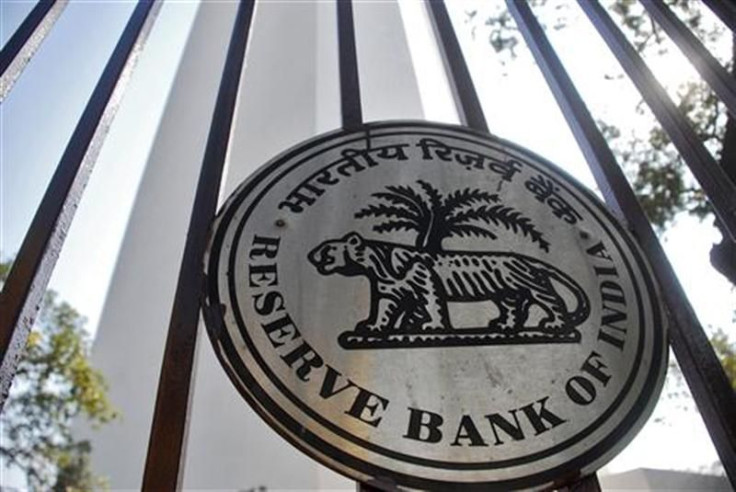Reserve Bank Of India Likely To Ease Repo Rate July 31

The Reserve Bank of India (RBI) is expected to ease rates at the forthcoming policy meeting July 31 amid growing concerns about the deteriorating growth prospects of the country's economy.
One aspect that could support the expectation for further loosening of the monetary policy to regain the economic growth rate is the report that India's inflation declined in June. The data released by the Indian government this week showed that the wholesale price inflation for June was 7.25 percent, down slightly from 7.55 percent in May.
The decreasing inflation should be good news because it can allow the government to invigorate growth without much concern about the rising prices. Moreover, instead of fighting inflation, the most urgent concern for India appears to be its pro-growth policy stance against the current uncertain global situation.
The slump in economic growth has become a major worrying factor for the country's policy makers. The economy grew 5.3 percent in the fourth quarter ending March 31, which was a nine-year low and was a major retardation from the quarter ending December 31 when the GDP growth was 6.1 percent. In the July-September quarter, growth was 6.9 percent. The country saw an annual growth of 8.4 percent in the last two fiscal years.
India's industrial sector has been the worst affected with output of capital goods falling steadily. The growth of the automotive sector has fallen and business surveys point to no improvement. The reasons for this include the slow public sector investment and bureaucratic obstacles to large scale investment projects. Private sector business confidence has also been damaged by the sense of policy paralysis and by the failure to implement promised reforms.
India's current account deficit is also weighing on sentiment. The current account deficit climbed to 4.5 percent of gross domestic product (GDP) or $21.7 billion in the January-March quarter, up from $6.3 billion in the same quarter in the previous financial year. Trade deficit has also advanced to $51.6 billion in the January-March quarter, up from $48.7 billion in the preceding quarter.
Bearing in mind this present situation, it is expected that the central bank will announce a rate cut of at least 25 basis points (bps). Lower interest rates are much needed to support the economy, which has shown signs of losing momentum in the past few months. In April, the central bank surprised the markets with a 50 basis point cut in the main interest rate.
© Copyright IBTimes 2024. All rights reserved.











